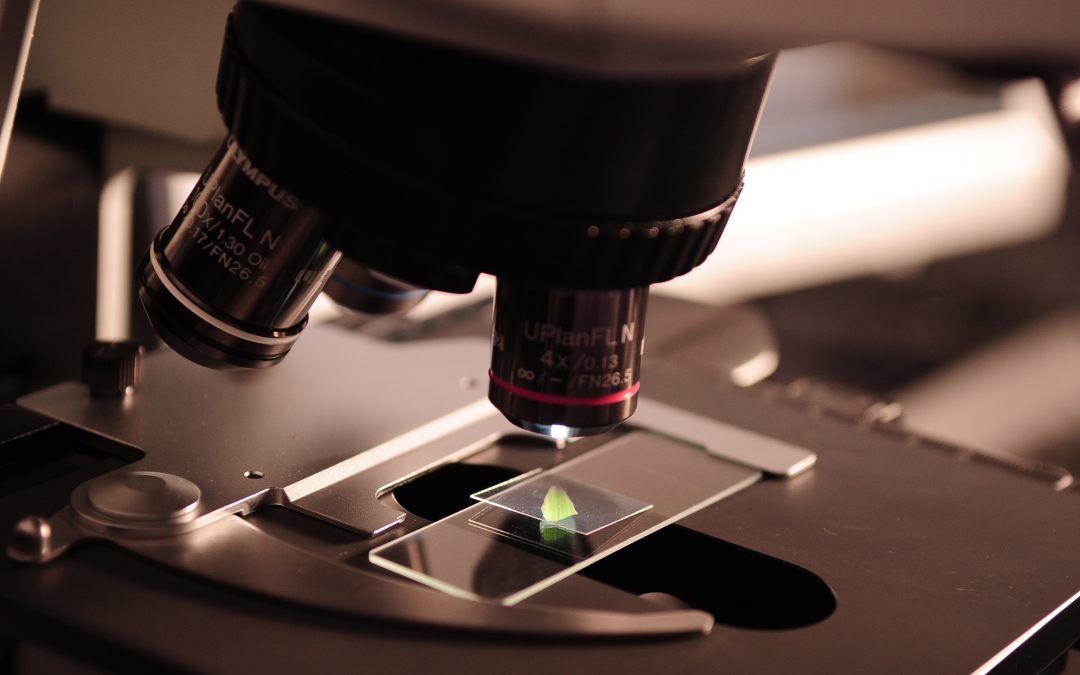
by BSPGHAN | Feb 29, 2020 | Quality Standards
Dear members
I would like to personally thank the PGHAN Audit Steering Group, co chaired by John Fell and Ed Gaynor, Calvin Down from the RCPCH and all colleagues across the UK who have put time and effort into collecting and submitting information for the audit. This work continued to completion during the incredibly challenging circumstances of the COVID-19 pandemic.
This report, published jointly by The British Society of Paediatric Gastroenterology, Hepatology and Nutrition (BSPGHAN) and the RCPCH, highlights the main findings and recommendations identified through an audit of the provision of paediatric gastroenterology, hepatology and nutrition services for infants, children and young people with a wide range of conditions across the UK. Its recommendations offer healthcare professionals and providers expert guidance to drive improvement where needed.
The News page is here: https://www.rcpch.ac.uk/news-events/news/paediatricians-launch-landmark-report-gastrointestinal-liver-nutritional-disorders
Download your copy of The PGHAN/Audit report
Download Summary of the PGHAN/ Audit report
Also see tweets https://twitter.com/RCPCHtweets/status/1471489611054551041
Sue Protheroe
BSPGHAN President 2019 – 2022

by BSPGHAN | Feb 23, 2020 | IBD, Research
Why is this project being done?
A recent project has investigated every RCT in IBD in both adults and children published globally since 1996 (the year the first publication guidance in the CONSORT statement were released). We found that 20% of studies have no sample size estimate to guide how many patients should be recruited to the project. However, for the studies that did calculate power, they used variable and often highly spurious figures of the difference between groups that they expected which leads low numbers of patients included. This has left many studies underpowered and impacts the entire evidence base, as we often see when completing systematic reviews. Guidance, based on actual observed effect sizes, could support trial designers and most importantly ensure funded studies are completed to an appropriate power.
What will participation involve?
We will ask you to attend a face to face session in one of five locations across the UK for approximately 2-4 hours with 5-12 other professionals working within IBD. We will present the actual data for effect size seen over trials in a number of different settings, categorised by disease (UC or CD), current state of activity (induction or remission studies), specific agents of study and age of patients. We will then ask you, based on the actual data presented and the quality and certainty of that data, to estimate what you would think a minimum and maximum likely effect size would be for a trial in a similar setting. Once all the sessions are complete, you will be invited to participate in a second and third stage online, consistent with a Delphi approach. This will present the data from all the sessions analysed and allow a national expert consensus to be reached and this paper published.
Who can get involved?
We are looking at a range of professionals involved with the care of IBD. This can involve consultants, specialist nurses, researchers and indeed patients. We are particular keen on those who have practical experience with a range of treatments with their patients and the success rates / impact of these with their patients, as this will allow practical expert view to enhance the decision making based on the data we represent. No research experience is needed.
Can you tell me more about the face to face session?
These will take place in February and March 2020 in London, Cardiff, Glasgow and Preston. We will have a local meeting space and provide refreshments and also reimburse travel up to £60.
How else can I get involved?
If participants are keen to support this work, they can discuss with our team and potentially support the analysis and write up of the project. We also invite anyone involved in this and other Cochrane works to contact us.
If you are interested in getting involved, please contact mgordon@uclan.ac.uk


